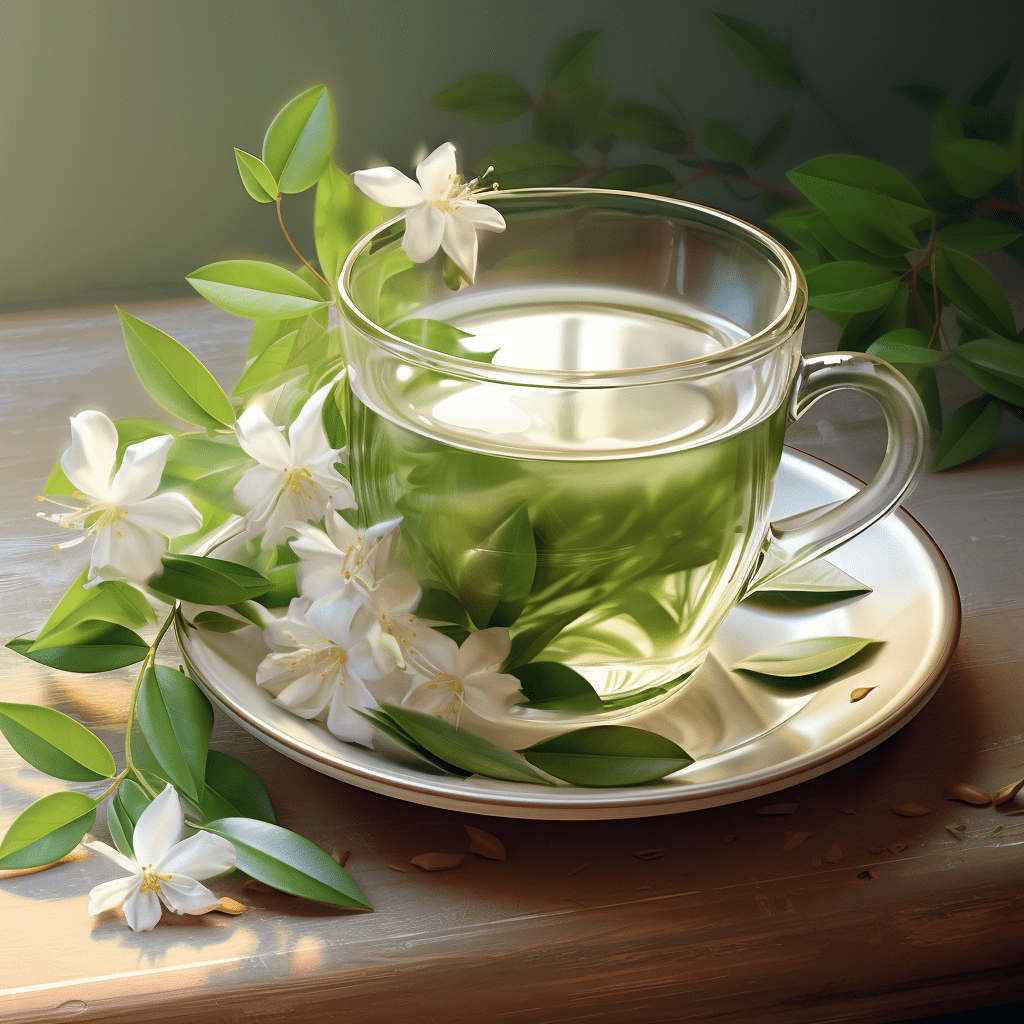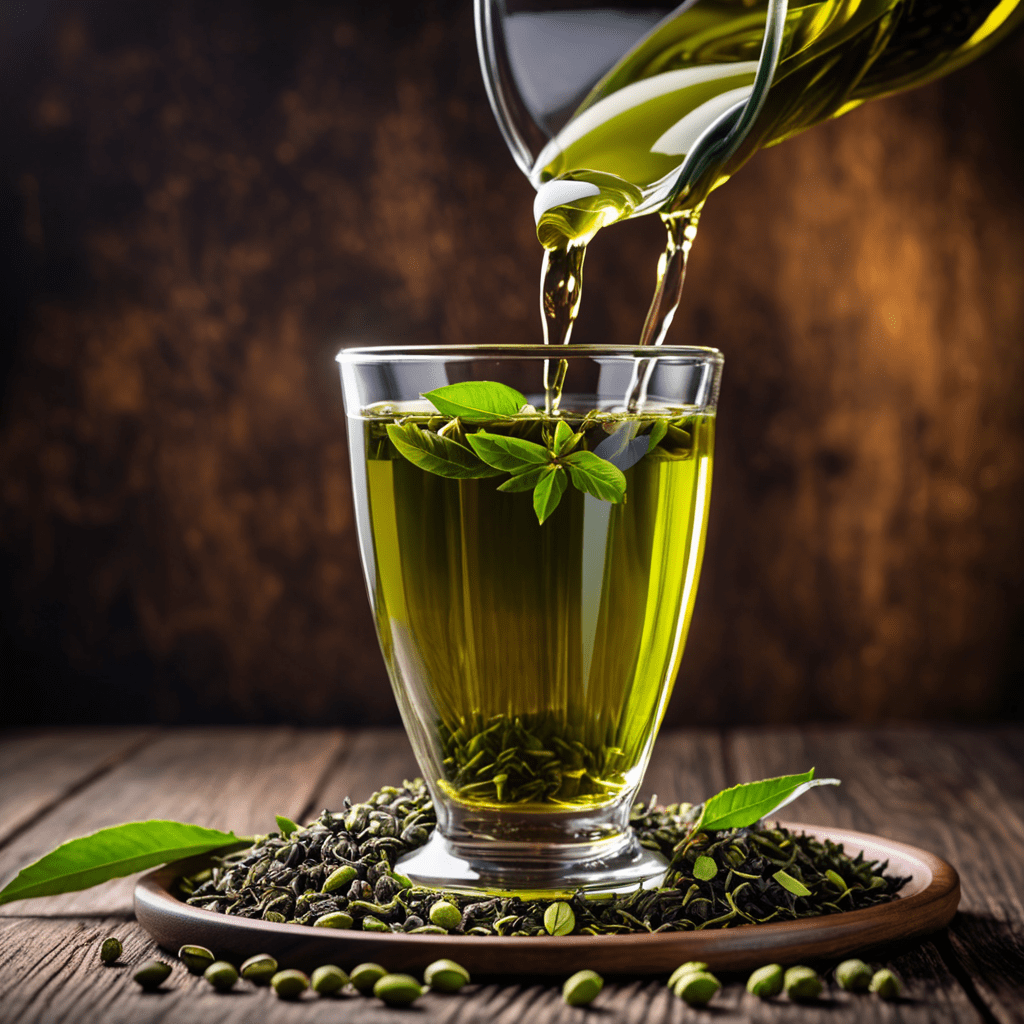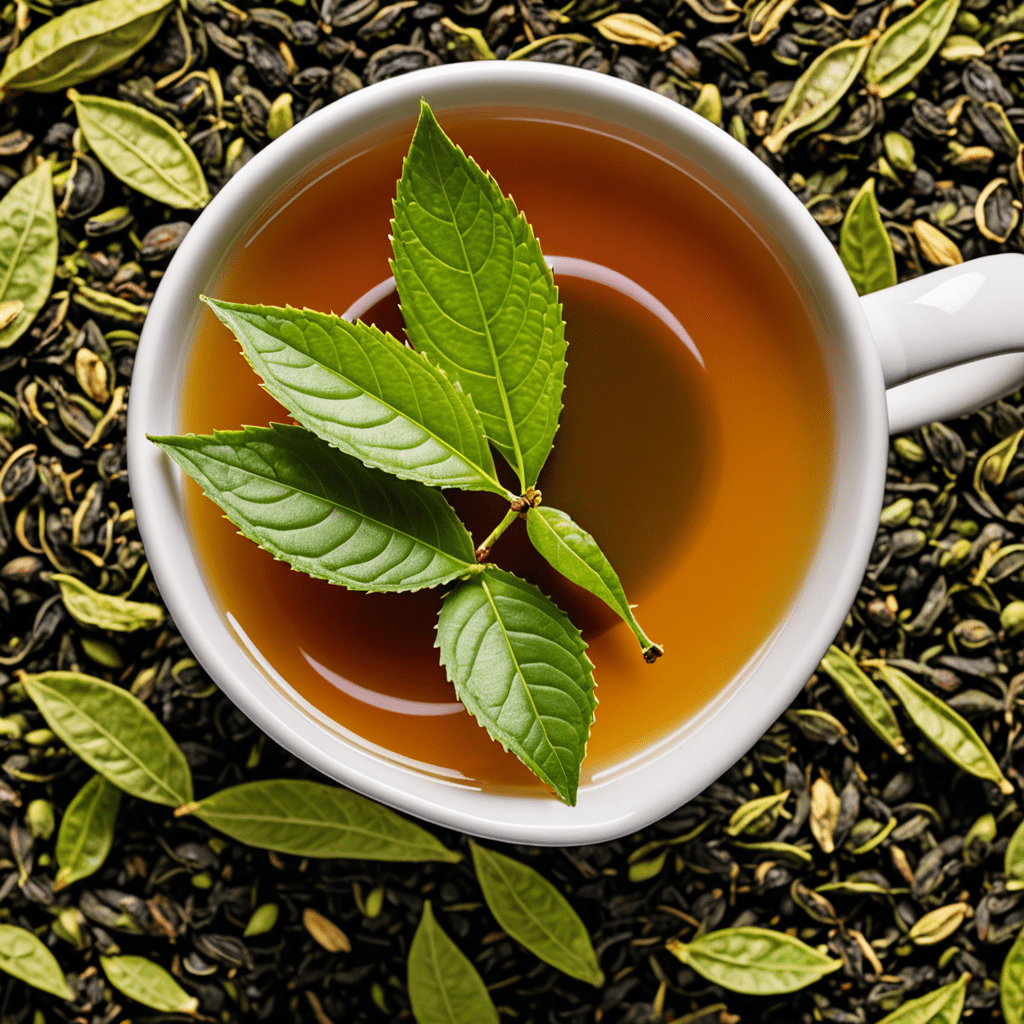How Much Caffeine is in Jasmine Green Tea?
When it comes to making a refreshing cup of tea, many people turn to jasmine green tea for its fragrant aroma and delicate taste. But for those who are sensitive to caffeine or are simply curious about the caffeine content, understanding how much caffeine is in jasmine green tea becomes essential. In this article, we will explore the caffeine content in jasmine green tea, its potential health benefits, and answer some frequently asked questions regarding this popular beverage.
Understanding Caffeine in Tea
To better understand the caffeine content in jasmine green tea, it’s important to have some knowledge about caffeine in tea in general. Caffeine is a naturally occurring stimulant found in various plants, including tea leaves. It acts as a natural defense mechanism for the tea plant, helping to deter pests and promote growth.
The amount of caffeine in tea can vary depending on several factors, such as the type of tea, the brewing method, and the duration of steeping. Generally, tea leaves harvested from the Camellia sinensis plant contain caffeine, albeit in varying quantities.
Caffeine Content in Jasmine Green Tea
Jasmine green tea is a popular variety of green tea that is flavored with jasmine blossoms, creating a delightful and aromatic tea experience. Since it is made from green tea leaves, jasmine green tea does contain caffeine. However, the caffeine content in jasmine green tea is typically lower compared to black teas or coffee.
On average, an 8-ounce cup of jasmine green tea contains about 25-50 milligrams of caffeine. This amount can vary depending on factors like the quality of the tea and the brewing time. It’s worth noting that lower-quality jasmine green teas may contain higher caffeine levels due to a blend of tea leaves from different sources.
Health Benefits of Jasmine Green Tea
Aside from its delightful taste and aroma, jasmine green tea also offers several potential health benefits. Some of these benefits include:
- Antioxidant properties: Jasmine green tea is rich in antioxidants, which help protect the body against free radicals and oxidative stress.
Stress reduction: The scent of jasmine has been found to have a calming effect and may help reduce stress levels.
Digestive aid: Jasmine green tea is known to have digestive properties, helping to soothe the stomach and aid in digestion.
Heart-healthy: Regular consumption of green tea, including jasmine green tea, has been associated with a reduced risk of heart disease.
However, it’s important to note that these potential health benefits may vary from person to person, and further research is needed to fully understand the extent of jasmine green tea’s effects on health.
Brewing Tips for Lower Caffeine Content
If you’re concerned about the caffeine content in jasmine green tea, there are a few brewing tips that can help reduce the caffeine levels:
- Steep for a shorter duration: The longer the tea is steeped, the more caffeine it releases. To reduce caffeine content, steep the tea for a shorter time, such as 1-2 minutes, instead of the usual 3-4 minutes.
Use lower water temperature: Brewing jasmine green tea at a lower temperature, around 160-170°F (71-77°C), can result in a lower caffeine extraction. High water temperatures tend to extract more caffeine from the tea leaves.
Opt for high-quality tea leaves: Higher-quality jasmine green tea often contains lower levels of caffeine compared to lower-grade varieties, so investing in a reputable brand can make a difference.
Frequently Asked Questions (FAQ)
Q: Is jasmine green tea suitable for those who are sensitive to caffeine?
A: While jasmine green tea contains caffeine, the amount is generally lower compared to black teas or coffee. However, if you are particularly sensitive to caffeine or trying to avoid it, it’s best to opt for caffeine-free herbal teas.
Q: Can I enjoy jasmine green tea in the evening without disrupting my sleep?
A: Given the lower caffeine content in jasmine green tea, most individuals can enjoy a cup in the evening without experiencing sleep disruptions. However, personal sensitivity to caffeine varies, so it’s wise to be mindful of your own tolerance.
Q: How does the caffeine content in jasmine green tea compare to other types of tea?
A: Jasmine green tea typically contains less caffeine compared to black tea or some other types of green tea. However, the exact caffeine content can vary depending on various factors.
Q: How can I reduce the caffeine content in jasmine green tea?
A: To reduce the caffeine content, you can steep the tea for a shorter duration, use lower water temperature, or opt for high-quality tea leaves.
Q: Does jasmine green tea provide the same health benefits as regular green tea?
A: Jasmine green tea is made from green tea leaves and retains many of the health benefits associated with regular green tea, including its antioxidant properties and potential cardiovascular benefits.
Q: Can I drink jasmine green tea during pregnancy?
A: While jasmine green tea is generally safe for consumption, it’s recommended to consult with your healthcare provider, as individual circumstances may vary during pregnancy.
In conclusion, jasmine green tea is a delightful and aromatic beverage that contains a moderate level of caffeine. Understanding the caffeine content and brewing methods can help you enjoy this tea while still being mindful of your caffeine intake. Remember to consult with a healthcare professional if you have specific concerns or health conditions related to caffeine consumption.



